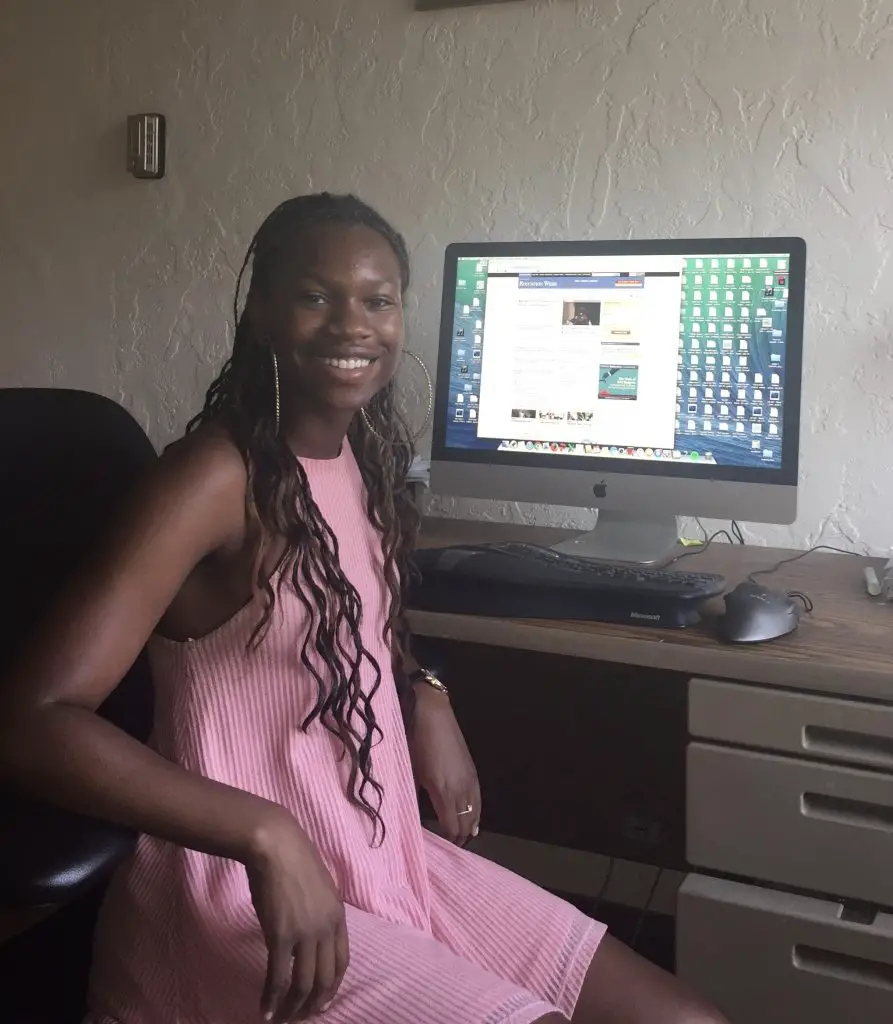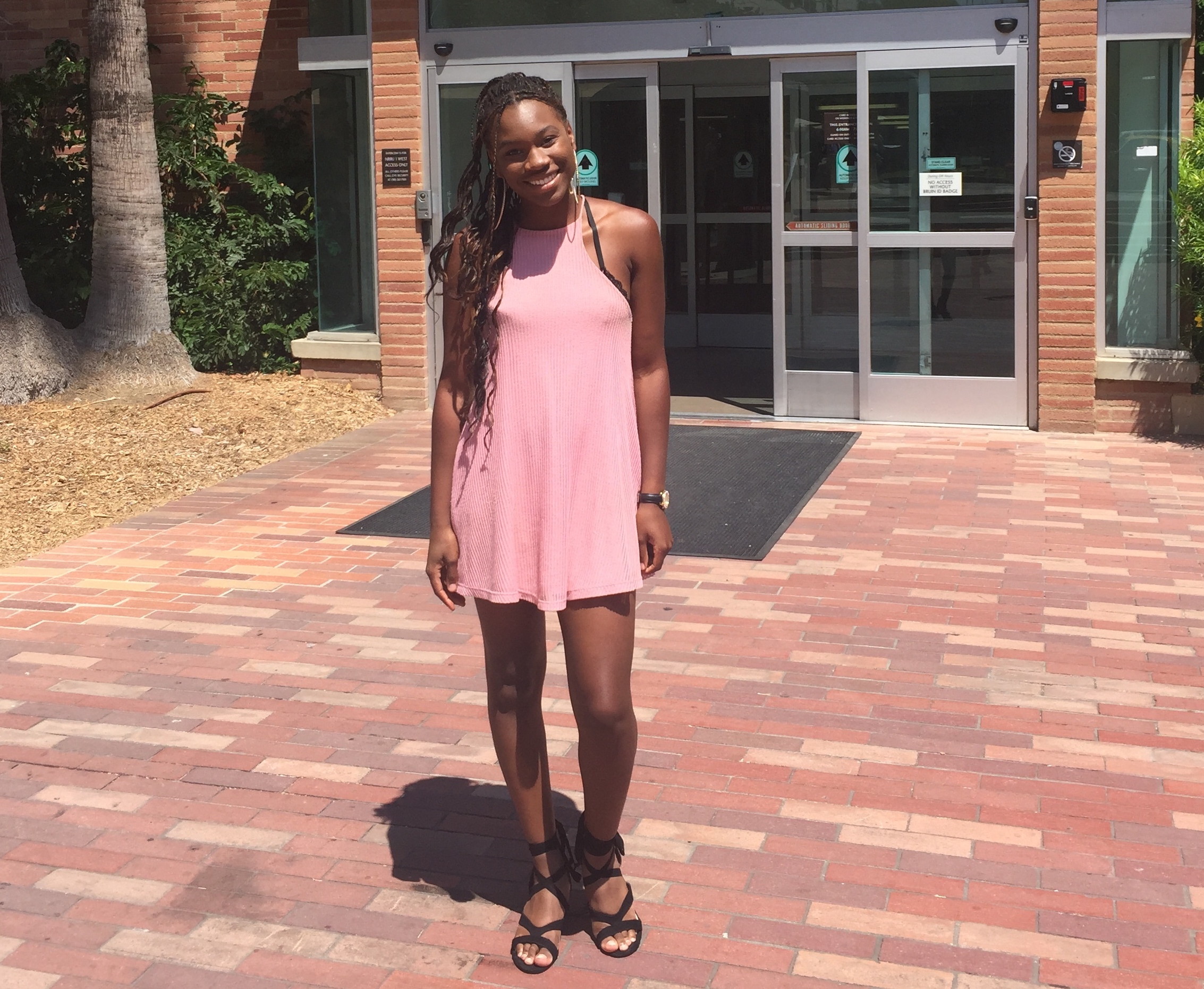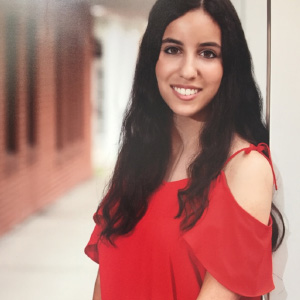Scripps College senior and Neuroscience major Nia-Renee Cooper just completed an internship that was, in her words, “life-changing.”
Cooper was a summer research assistant in the Remaking Recess Project. Remaking Recess is a psychosocial strategy implemented to help children who are on the autism spectrum engage with their classmates, specifically at school. The project was developed by a group of autism researchers known as the Autism Intervention Research Network on Behavioral Health.
For Cooper, a typical day’s work began at 8 a.m. She would enter the UCLA Lab School, where the program was held for preschool-age children. She would begin her day by assisting the children with their social interactions and play skills with the other children. As the day progressed, Cooper would involve herself in engaging the preschoolers in different gross and fine motor skills that allowed them to develop their learning and communication abilities. According to Cooper, gross motor skills are typically developed by playing games that encourage group participation and active engagement, whereas fine motor skills included art projects and writing practice.
“As the days in the program progressed, it was amazing to see the children continuing to develop independence during their social times,” she says, “as well as their participation in classroom activities.” Cooper worked as part of the Remaking Recess team for four weeks, from June 26, 2017, until July 21, 2017. The Remaking Recess team hopes that schools across the nation will implement their strategies to make it easier for students on the autism spectrum to interact with their peers from a young age.

Cooper got the internship through a high school connection. During the summer prior to her senior year of high school, Cooper volunteered for a few days with Dr. Connie Kasari, a nationally recognized neuroscience researcher. Kasari allowed Cooper to work in her lab to get a background knowledge about neurological diseases and disorders, specifically behavioral intervention for children with autism. This was perfect for Cooper, who knew since junior year of high school that she wanted to be a Neuroscience major. At Scripps College, her academic work will focus on neuropharmacology, which is the branch of pharmacology that deals with the action of drugs on the nervous system.
This experience allowed Cooper to explore a possible career path in this field of research. As a college student, Cooper reached out to Kasari again with interest in neuroscience research, and ended up interning this past summer for the Remaking Recess Project. “During my internship this summer, I was able to actually learn, observe and utilize the process of hands-on behavioral intervention,” she says. “It was an incredible and rewarding experience for me.”
Cooper’s interest in the field of neuroscience began in her junior year of high school. Her grandfather currently has dementia, and her desire to want to be able to help people like him resulted in her gaining a strong interest in pharmacology, specifically neurological disorders and diseases, a subject which is offered at Scripps through the Keck science department. “I want to focus on the different aspects that can affect the brain and to possibly be a part of the discovery of methods to help other people who are also suffering,” she says.
Cooper says that this experience was eye-opening for her because not only was she able to develop her skills as a researcher in the field of neuroscience, but she also gained exposure to the advocacy of equal opportunity and inclusion for children and people living with autism. She does not think that she could have gotten an opportunity like this anywhere else.
Cooper believes that the best part of the Remaking Recess Project was the opportunity to work with young children. She loved watching the autistic children improve in their peer-to-peer social skills and their classroom involvement. Cooper notes that in the beginning of the program, her work was much harder.
She had to spend more time and effort assisting the children in the classroom and helping them interact with their peers during play time. However, by the end of the program, many of the children had vastly improved their social interactions with their peers, initiating them in an appropriate manner. Cooper also truly enjoyed spending time with the children. “It was a joy to interact with the kids because it was so much fun to see how they were thinking and processing the world around them at such a young age.”
While Cooper thoroughly enjoyed the research opportunities she has been given in the field of neuroscience, she has another passion, one that she does not plan on pursuing professionally but that it extremely important to her. At Scripps College, Cooper has continued to be an active member of the Claremont-Mudd-Scripps Dive team for all four years of college, as well as a four-year member in dance teams and dance productions at both Scripps and the greater five-college community. She even enrolled in dance classes to further develop her dance skills.
Although Cooper decided not to major in Dance—and instead chose Neuroscience, which is exceedingly different—she has maintained an active interest in dance by participating in the spring dance concert at her school, entitled “Scripps Dances,” for the past three years. “For me, maintaining a balance between academics and my other interests, like diving and dance, is integral to my success as a student at Scripps,” she says.
Ultimately, Cooper wants to become a pharmacist so that she can learn about and impact the healthcare of children and of older adults. While her direct interest is in the medicinal interventions that could help a person with a neurological disease or disorder, Cooper says, “This internship opportunity has broadened my interest into the research of how a drug or medication can be used in addition to non-medical intervention and treatment.” Cooper says this internship was one of the most gratifying experiences of her entire life.

















